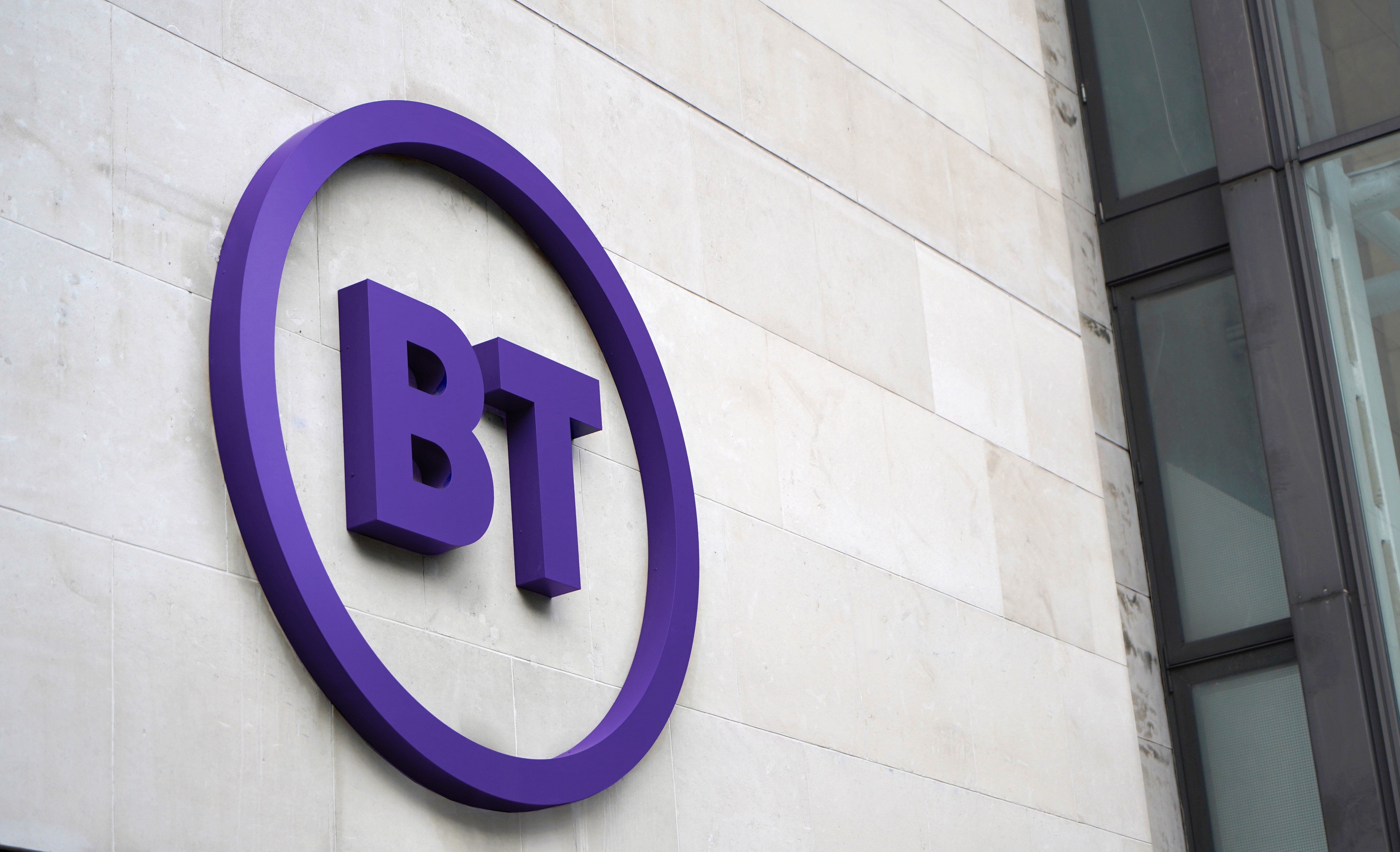BT workers to stage fresh strikes over pay
Members of the CWU union at BT and Openreach will walk out on August 30 and 31.

Your support helps us to tell the story
From reproductive rights to climate change to Big Tech, The Independent is on the ground when the story is developing. Whether it's investigating the financials of Elon Musk's pro-Trump PAC or producing our latest documentary, 'The A Word', which shines a light on the American women fighting for reproductive rights, we know how important it is to parse out the facts from the messaging.
At such a critical moment in US history, we need reporters on the ground. Your donation allows us to keep sending journalists to speak to both sides of the story.
The Independent is trusted by Americans across the entire political spectrum. And unlike many other quality news outlets, we choose not to lock Americans out of our reporting and analysis with paywalls. We believe quality journalism should be available to everyone, paid for by those who can afford it.
Your support makes all the difference.BT and Openreach workers are to stage fresh strikes in a dispute over pay, continuing the summer of industrial action by hundreds of thousands of union members.
The Communication Workers Union (CWU) said around 40,000 of its members will walk out on August 30 and 31, following two previous strikes.
It's disgraceful that one of the UK's wealthiest and most profitable businesses is refusing to pay a fair wage to its employees
The August 31 stoppage will coincide with a strike by CWU members in Royal Mail in a separate row over pay and conditions.
CWU general secretary Dave Ward said: “It’s disgraceful that one of the UK’s wealthiest and most profitable businesses is refusing to pay a fair wage to its employees – the women and men whose hard work and dedication contribute so much to this company’s success.
“At a time when inflation is at its highest level in decades, and when this company is returning ever-increasing profits, paying out enormous amounts to shareholders and to its senior executive, it’s totally unacceptable to treat the workforce in this appalling way.
“This is why our members voted to strike in such huge numbers and why they will keep fighting until a fair deal is won.
“As well as the industrial action, this union is making and will continue to make political representations as well – and we warmly welcome every Member of Parliament or local councillor who wants to join us on our picket lines.”
CWU deputy general secretary Andy Kerr said: “Our BT and Openreach members responded magnificently to the first strike call in July and we’re confident they will be every bit as rock-solid in this second bout of action too.
“We remain, as ever, open to negotiations, but in the meantime we are organising and preparing to deploy our pickets all around the UK.
“This union remains a good friend to have and a constructive partner to work with – we continue to urge BT/Openreach to choose that path.
“But if they continue to choose the path of conflict, they will continue to discover that this union is a strong, determined and indefatigable opponent.”
A BT Group spokesperson said: “We know that our colleagues are dealing with the impacts of high inflation and, although we’re disappointed, we respect their decision to strike.
“We have made the best pay award we could and we are in constant discussions with the CWU to find a way forward from here.
“In the meantime, we will continue to work to minimise any disruption and keep our customers and the country connected.”
The company has said that after “exhaustive discussions” with the CWU it awarded the highest pay rise in more than 20 years.
The increase was £1,500, representing a pay rise of about 5% on average and 8% for the lowest paid, according to BT.
The company has made it clear it will not be re-opening the 2022 pay review, adding it will work to reduce the impact of industrial action by, for example, postponing any non-essential planned engineering or software updates – similar to what happened at the height of the pandemic and over holidays like Christmas.